Resources
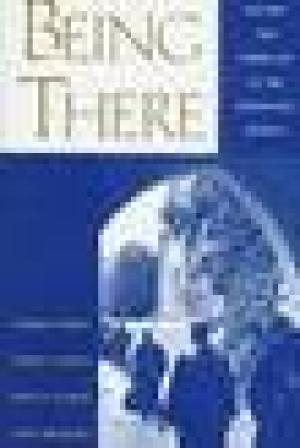
This book offers a close-up look at theological education in the United States today. The authors' goal is to understand the ways in which institutional culture affects the outcome of the educational process. To that end they undertake ethnographic studies of two seminaries - one evangelical and one mainline Protestant. These studies, written in a lively journalistic style, make up the first part of the book and offer fascinating portraits of two very different intellectual, religious, and social worlds. The authors then go on to examine these disparate environments and suggest how, in each case, school culture acts as an agent of educational change. This unique and practical study should be of great interest to both students and scholars of American religion, to theological educators, and to educators generally. (From the Publisher)
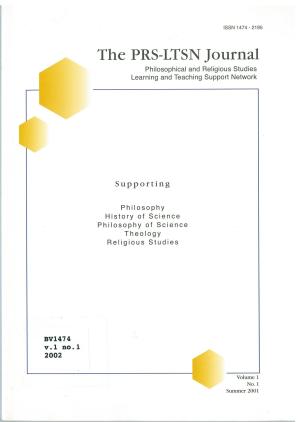
Journal Issue.
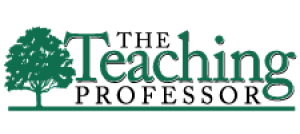
Journal Issue.
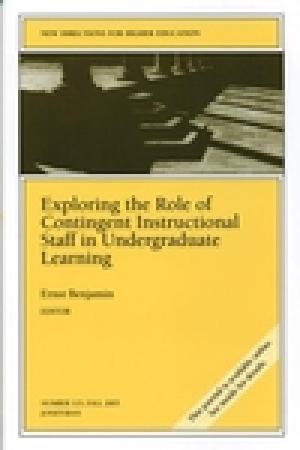
The majority of undergraduate instructors hold contingent appointments, a term used here to include not only the non-tenure-track part-time faculty but also many instructional staff who lack faculty status, an increasing proportion of full-time non-tenure track faculty, and a substantial number of graduate student teaching assistants. This volume seeks to foster a dialogue, long overdue, between those who believe that the academy has failed to give adequate respect and support to undergraduate instruction and those who believe that the academy has failed to give adequate support and respect to the selection and terms and conditions of employment of undergraduate instructors. It may be that the increasing dependence on contingent appointments imperils undergraduate learning no less than it imperils the future of the academic profession. (From the Publisher)
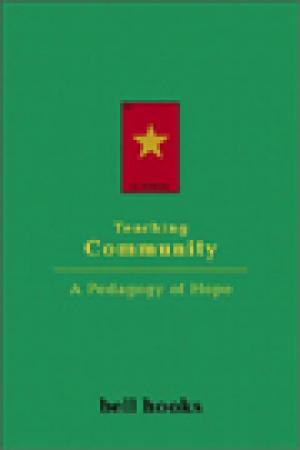
Teaching can happen anywhere, at any time - not just in classrooms but in churches, in bookstores, in homes, anywhere people get together to share ideas that affect their daily life. In Teaching Community, bell hooks shows how complex ideas of cultural theory can be simplified and made relevant to the lives of working people, and how the values of shared knowledge and learning can be a catalyst for progressive social change. Teaching - so often undervalued in our society - can be a joyous and inclusive activity and, as hooks shows, can never be confined to the classroom. (From the Publisher)
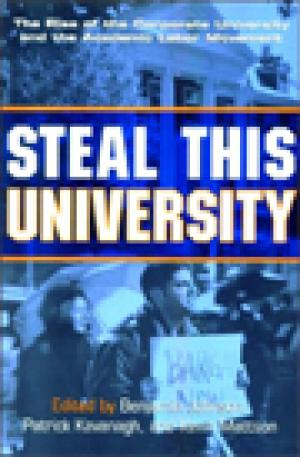
Steal This University explores the paradox of academic labor. Universities do not exist to generate a profit from capital investment, yet contemporary universities are increasingly using corporations as their model for internal organization. While the media, politicians, business leaders and the general public all seem to share a remarkable consensus that higher education is indispensable to the future of nations and individuals alike, within academia bitter conflicts brew over the shape of tomorrow's universities. Contributors to the volume range from the star academic to the disgruntled adjunct and each bring a unique perspective to the discussion on the academy's over-reliance on adjuncts and teaching assistants, the debate over tenure and to the valiant efforts to organize unions and win rights. (From the Publisher)
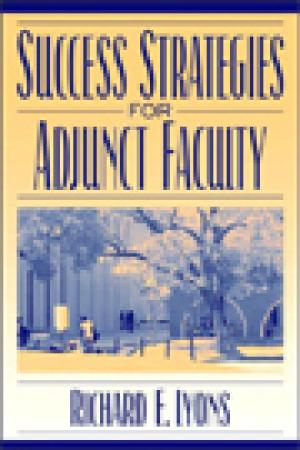
Success Strategies for Adjunct Faculty provides adjunct instructors with a multi-faceted toolkit for increasing both effectiveness and efficiency in today's college courses and enhances their opportunities for success. Building upon the research and strategies recommended in The Adjunct Professor's Guide to Success, Dr. Lyons leverages his subsequent workshop experiences throughout North America as well as focused research. The book adds new self-analysis tools that enable the instructor to integrate personal strengths into course planning and delivery, provides additional course management tools, such as a model mentoring agreement and an exam development exercise. Brand new features include testimonials from 28 successful adjunct professors throughout North America, which open and close each of the book's 14 chapters, as well as a new chapter focused on infusing technology into the adjunct professor's instruction. The book includes a rich array of online support resources. (From the Publisher)
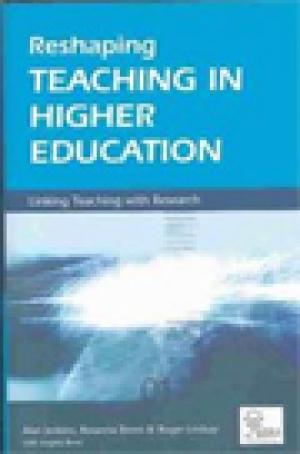
* Do students gain when they are taught by active researchers? * Should all faculty be involved in research? * What are the benefits students (and their parents) should get from studying at an elite research university – and paying higher fees for the privilege? In Scholarship Re-Considered, Ernest Boyer challenged US universities to "break out of the tired old teaching versus research debate." This book provides an international perspective on how universities, departments and individual faculty have successfully sought to connect their research to the benefit of student learning and institutional mission. It directly addresses the ways teaching-research links can be developed. Building on research, the literature and wide practical experience, the authors show how academic research activity can be connected to academic teaching activity in such a way as to ensure that neither operates in a vacuum and, most importantly, that each can be enhanced by the other. The book addresses the issues at the individual, course and institutional levels, as well as at the level of public policy. An important work for faculty, faculty developers and administrators. (From the Publisher)
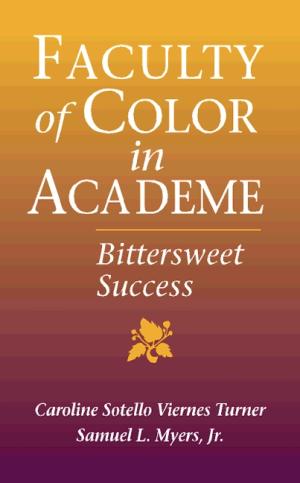
Key Benefits: Faculty of Color in Academe focuses on inequities based on racial and ethnic differences within the professional workplace in higher education. This book draws on a comprehensive study of African American, Asian, Pacific American, American Indian, and Latino faculty in eight mid-western states. By using both narrative and statistical data, this book provides an in-depth view of the issues surrounding the successful recruitment, retention, and development of faculty of color. Key Topics: The authors attempt to capture and describe some of the similarities and differences experienced by faculty among each of the above mentioned racial/ethnic groups. Includes a comprehensive discussion of what needs to be done in order to achieve diversity in the teaching profession. (From the Publisher)